
|05 October 2023
Pancreatic cancer is one of the most challenging and deadliest cancers, with a five-year survival rate of just 10%. It affects people of all backgrounds, but there are striking disparities when it comes to racial and ethnic groups. In this blog post, we will delve into the world of pancreatic cancer, highlighting the significant racial disparities in its incidence, diagnosis, and treatment, and explore some of the factors contributing to this inequality.
Pancreatic cancer occurs when malignant cells form in the tissues of the pancreas, a vital organ responsible for producing digestive enzymes and hormones like insulin. It often goes undetected until it reaches advanced stages, making it difficult to treat effectively.

The impact of Pancreatic Cancer is felt disproportionately across different racial and ethnic groups. Addressing the racial disparities in pancreatic
cancer requires a multi-faceted approach that encompasses healthcare reform, community education, and advocacy. By working together, we
can strive for a future where all individuals, regardless of their race, have a fair chance in the battle against this devastating disease.
April
29th-30th
April
5th

|05 October 2023
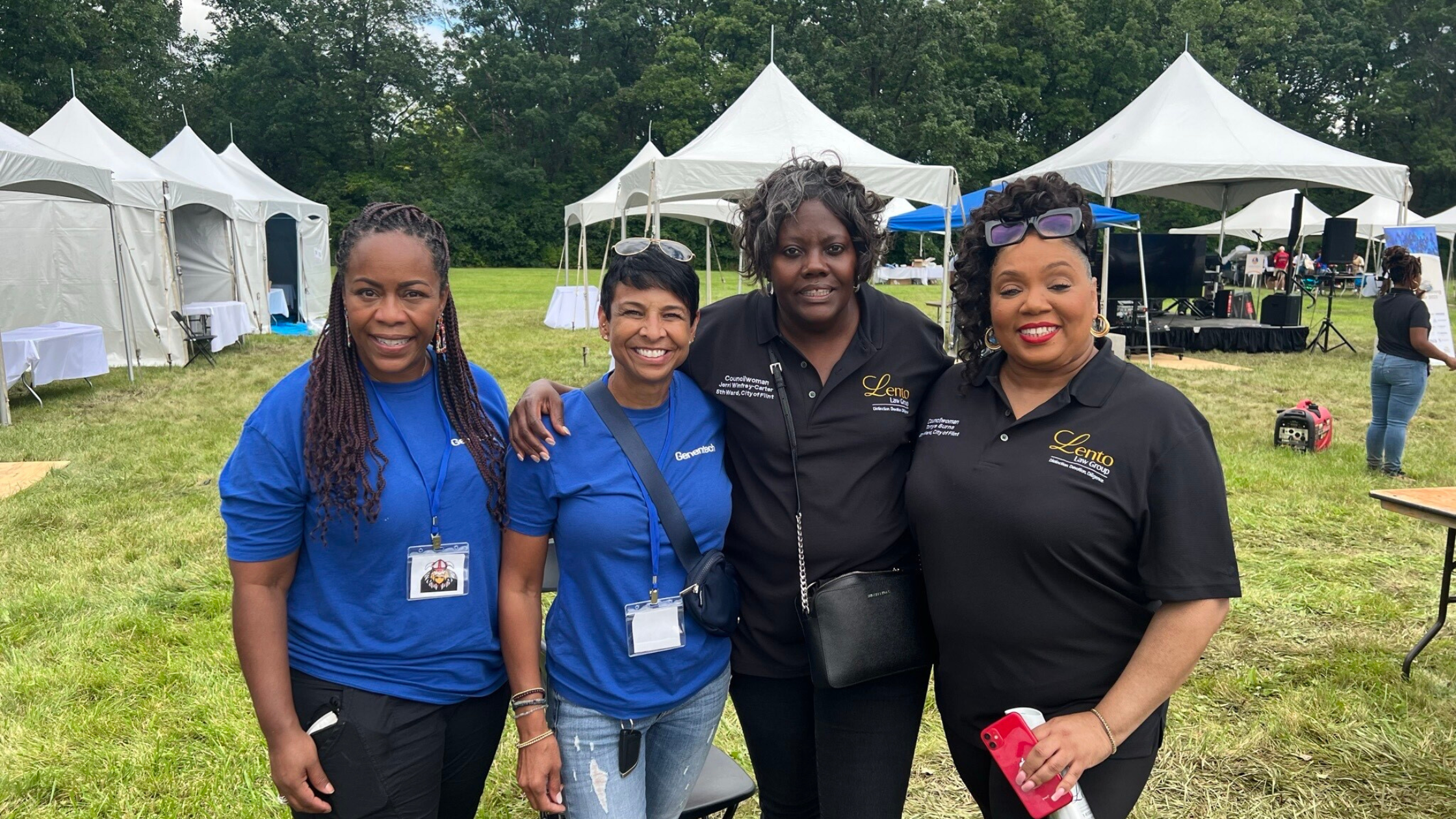
|30 August 2023
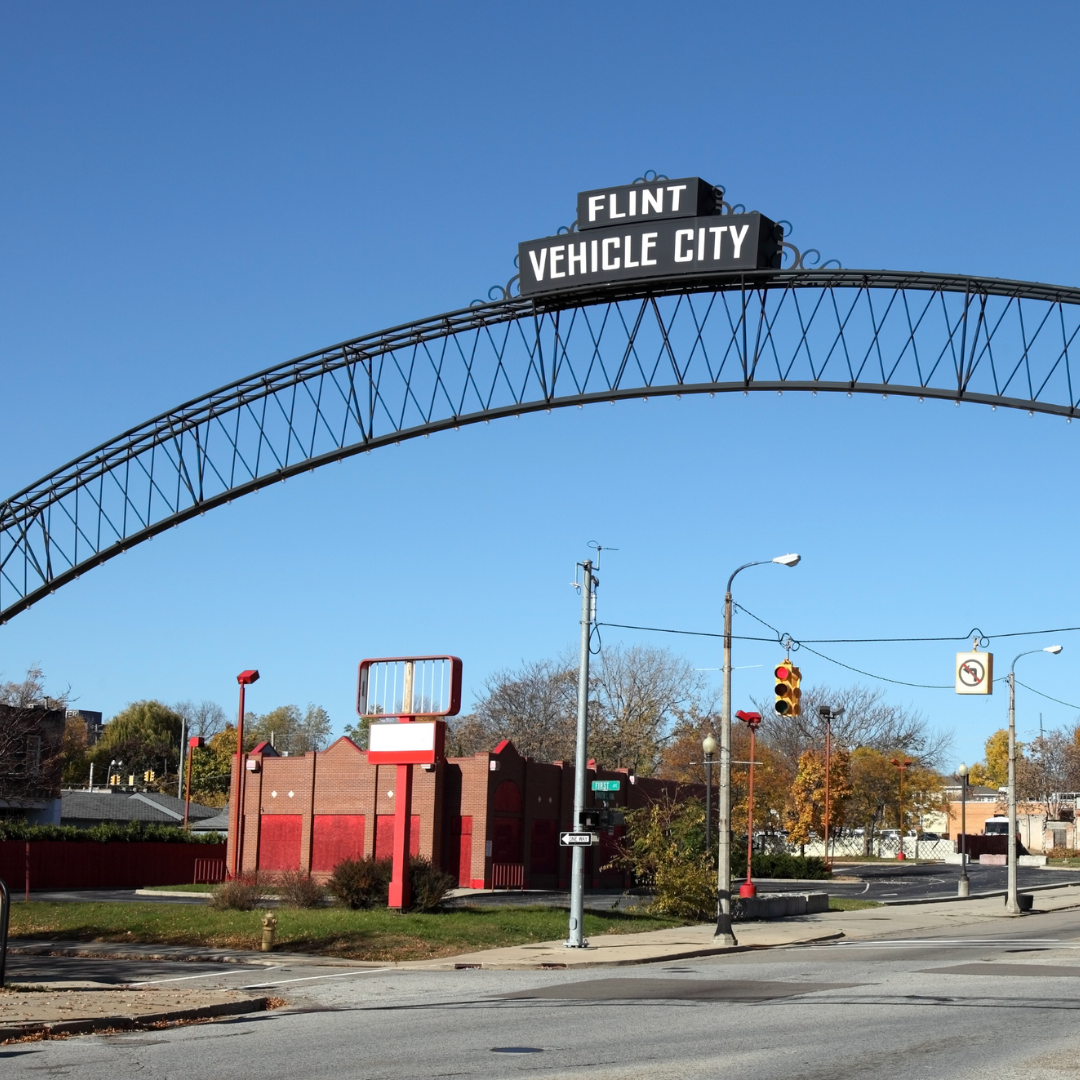
|08 August 2023
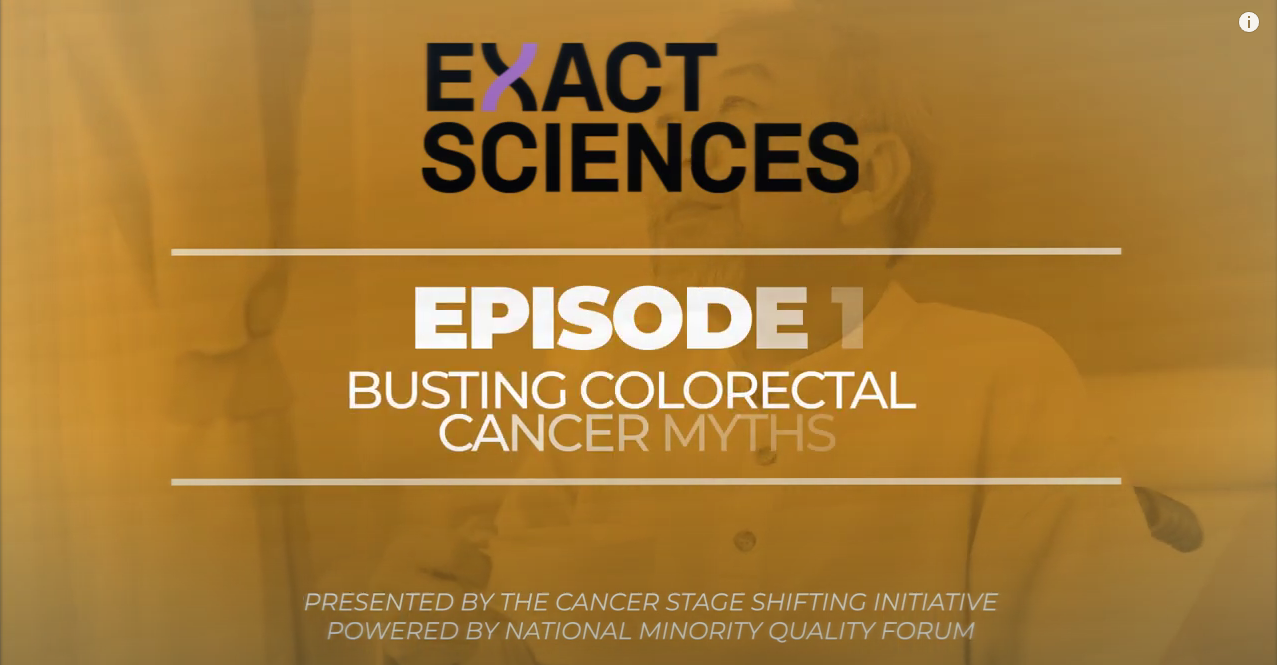
|15 March 2023
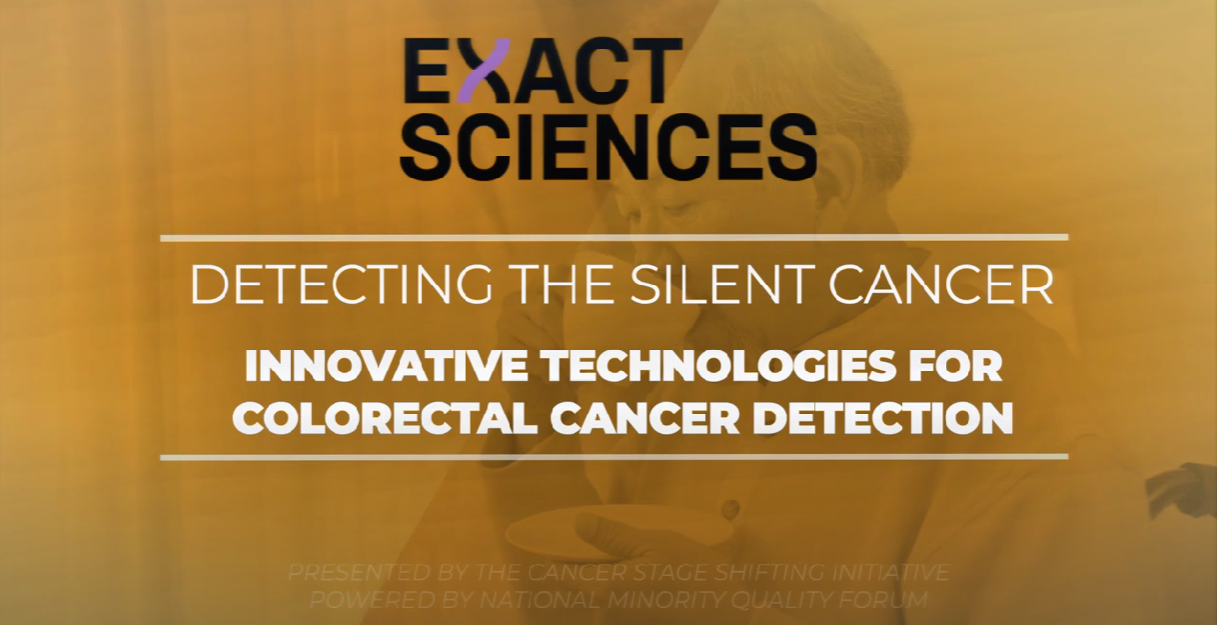
|21 March 2023
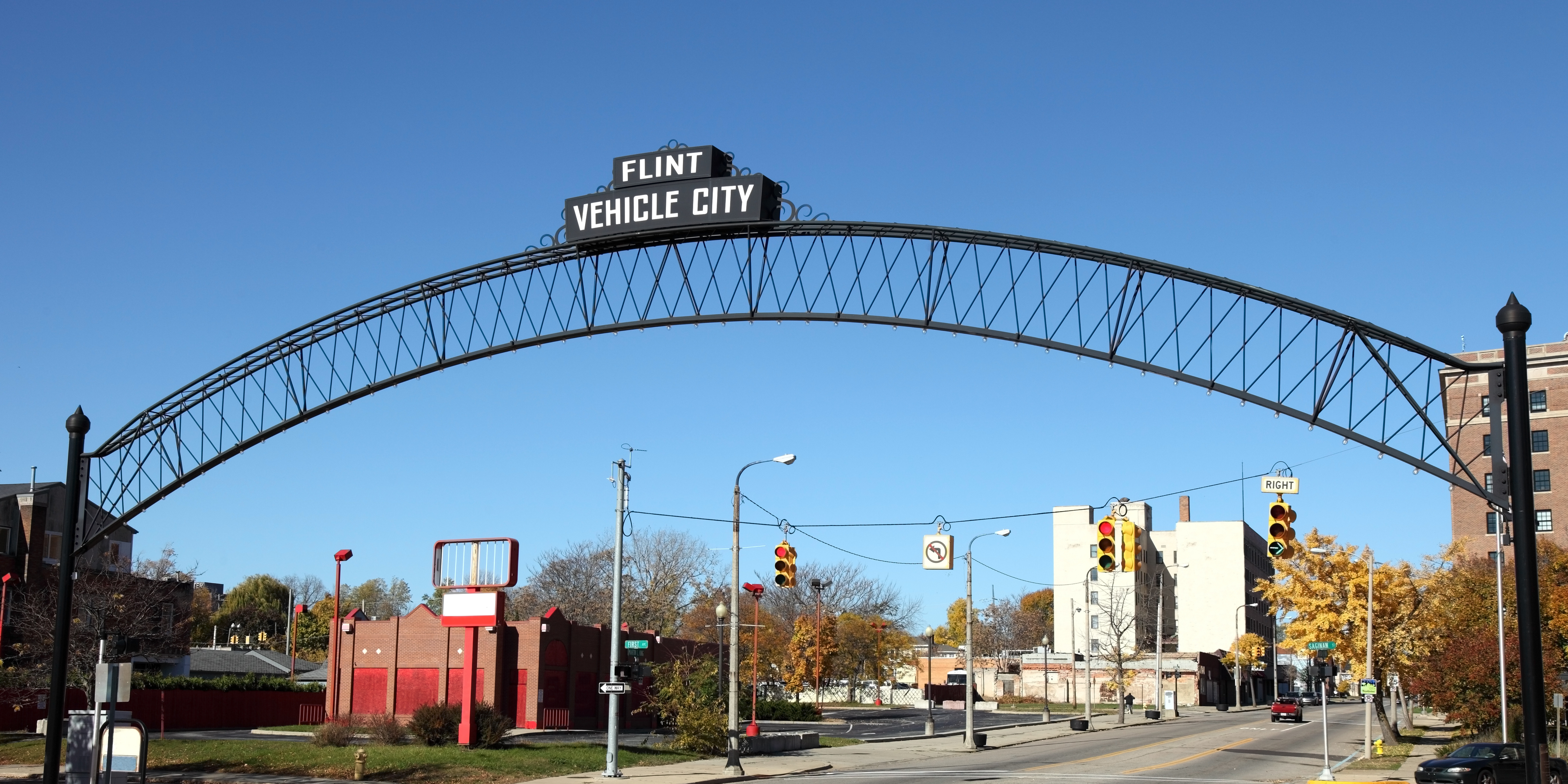
|15 March 2023
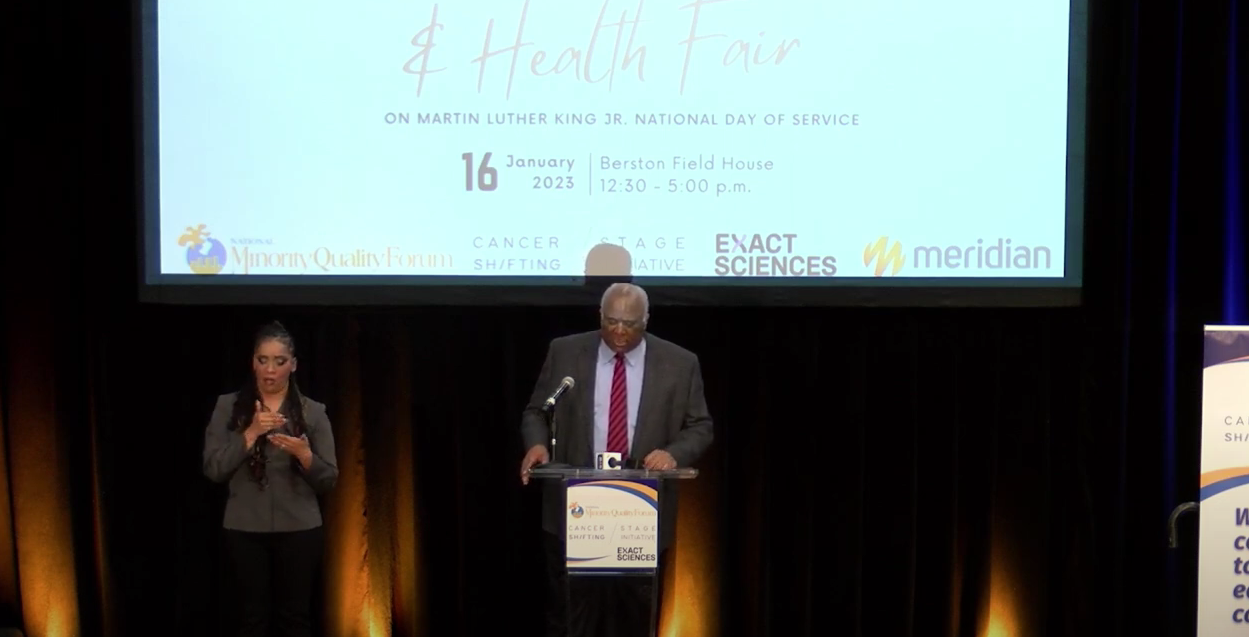
|27 January 2023

|27 January 2023

|27 January 2023
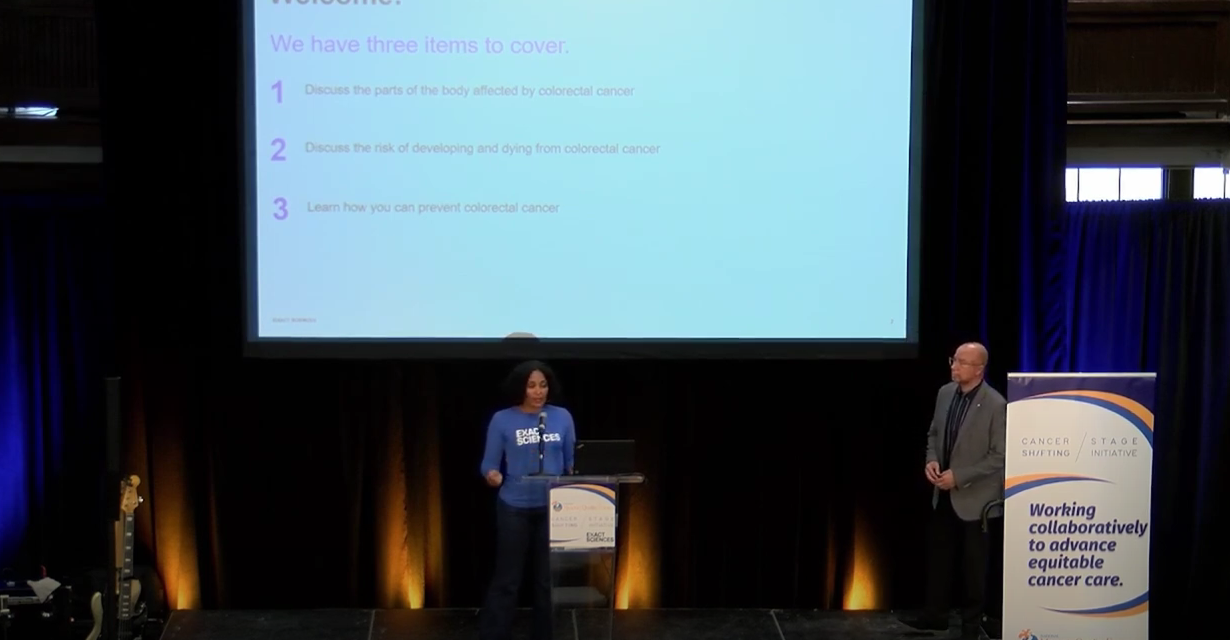
|27 January 2023
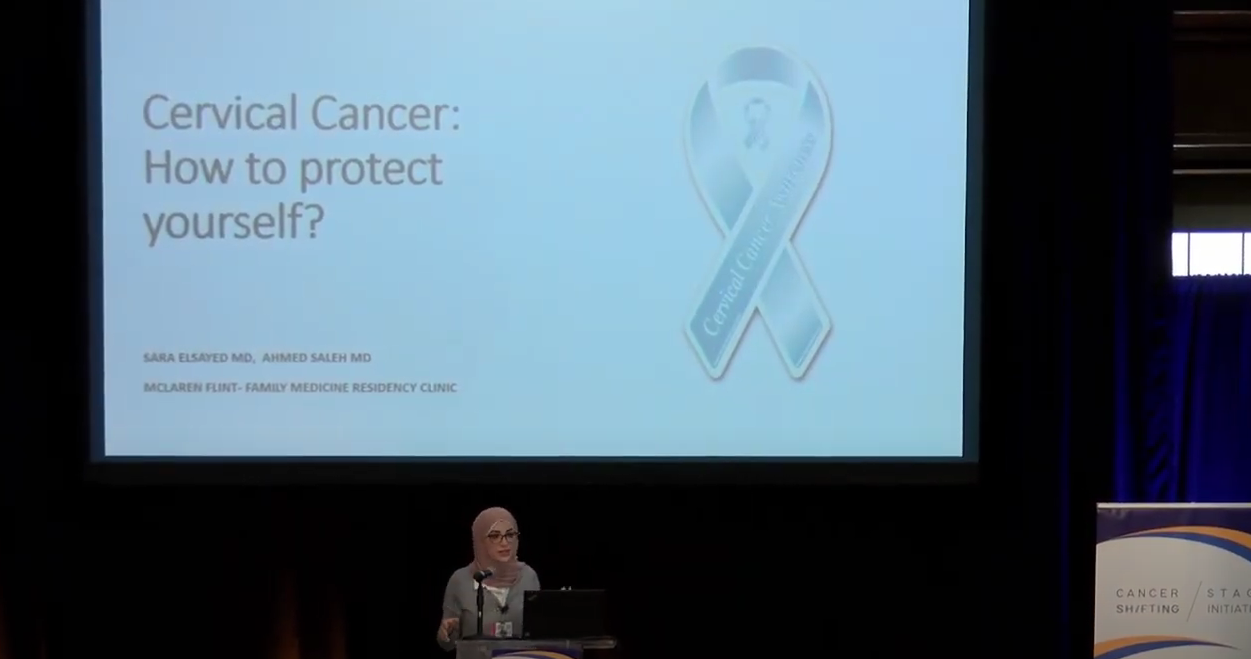
|27 January 2023

|27 January 2023
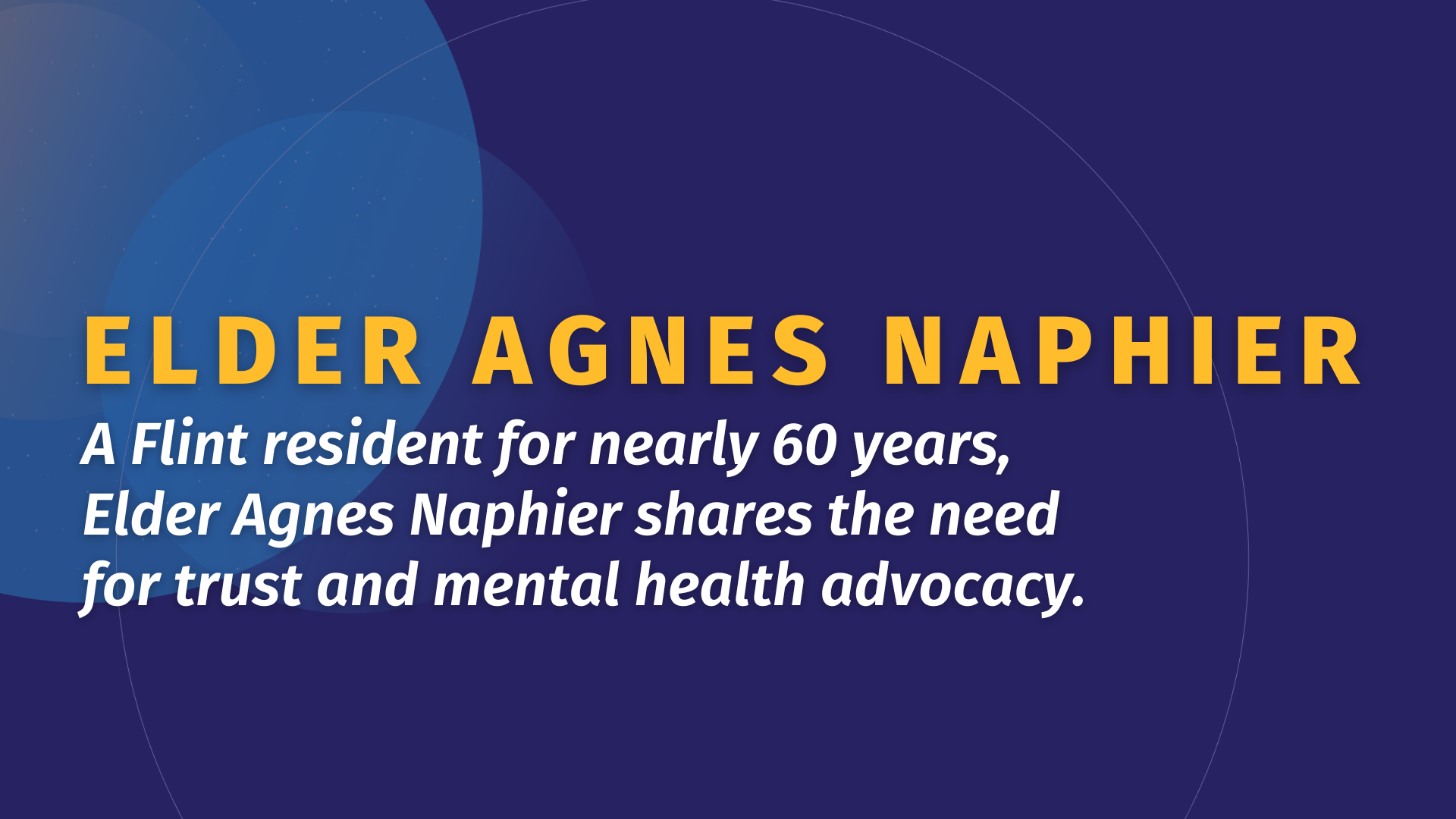
|13 January 2023
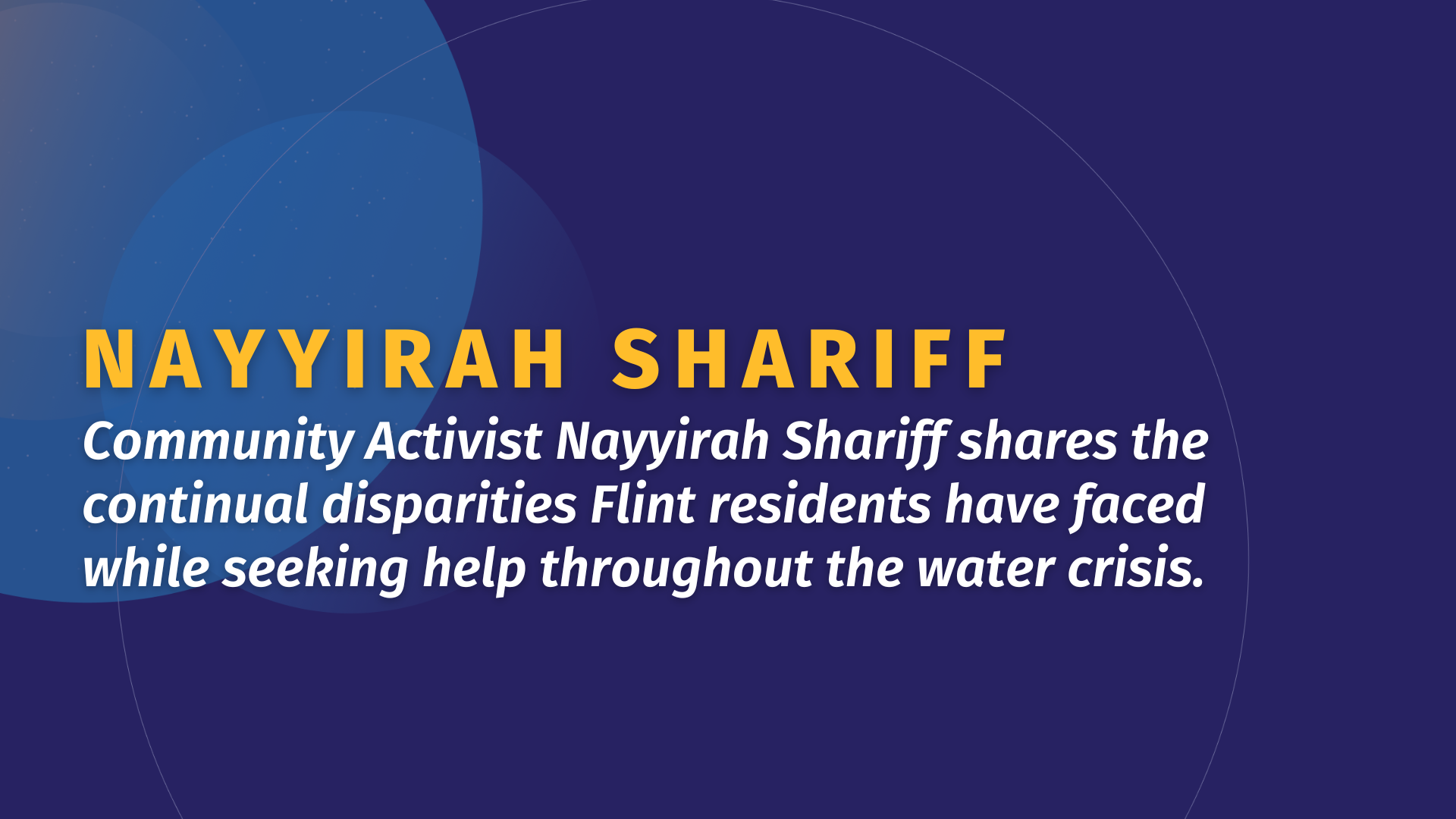
|13 January 2023
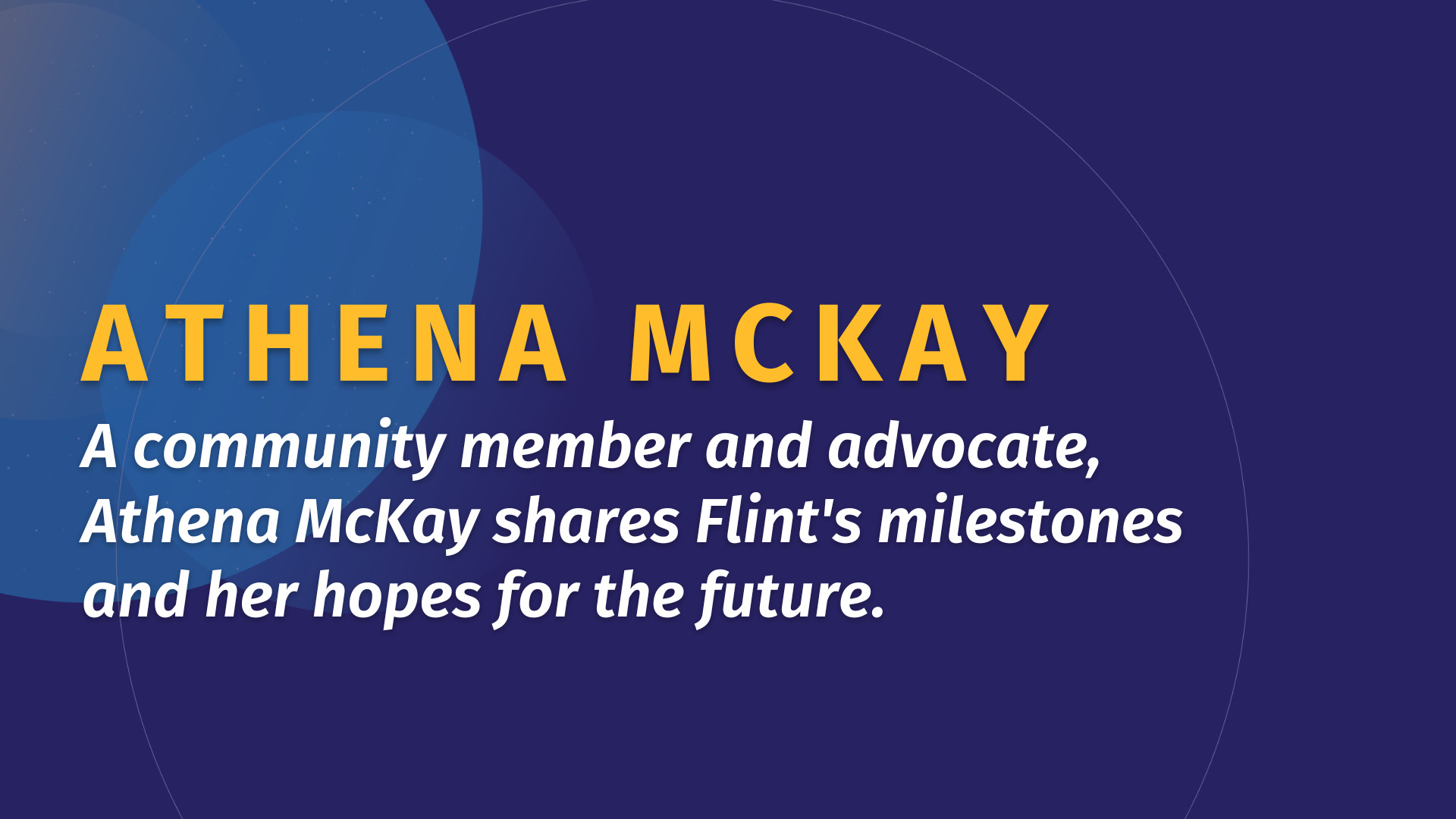
|13 January 2023
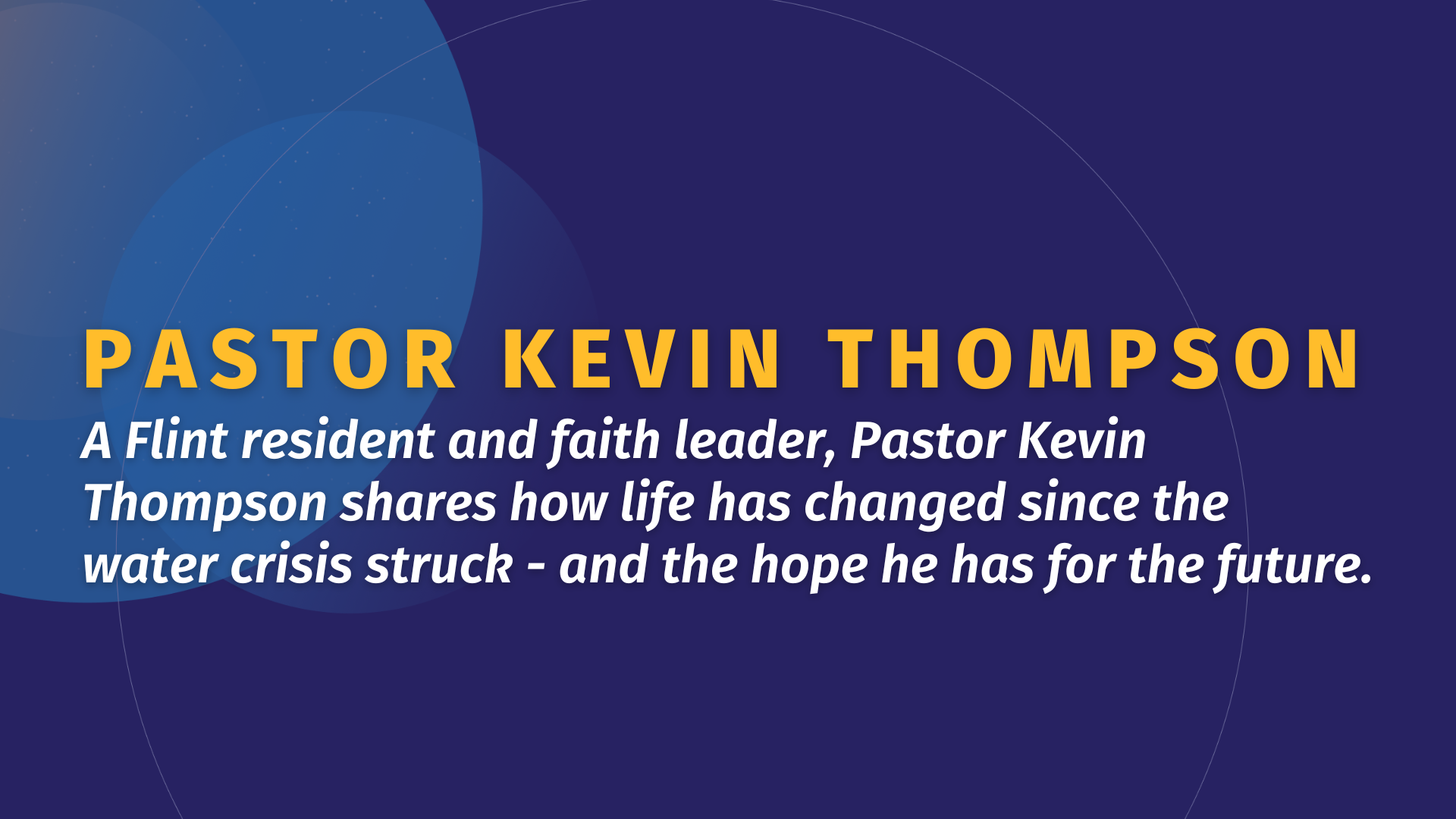
|13 January 2023

|13 January 2023

|13 January 2023
National Minority Quality Forum is a research and educational organization dedicated to ensuring that high-risk racial and ethnic populations and communities receive optimal health care. This nonprofit, nonpartisan organization integrates data and expertise in support of initiatives to eliminate health disparities.
 1201 15th Street, NW, Suite 340, Washington, DC 20005
1201 15th Street, NW, Suite 340, Washington, DC 20005
FOLLOW US ON: